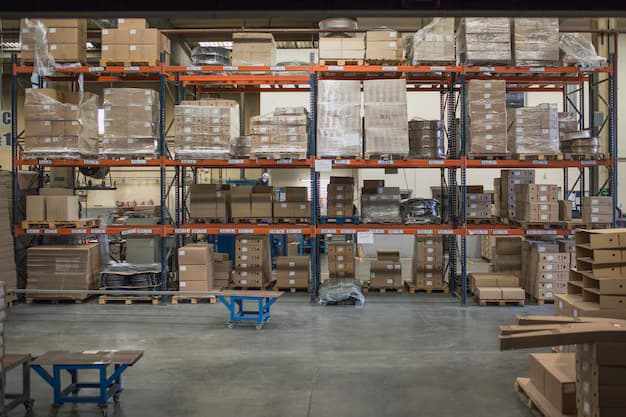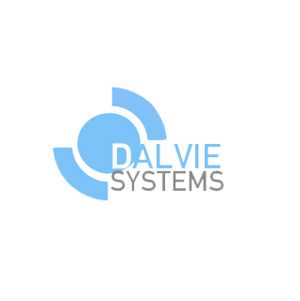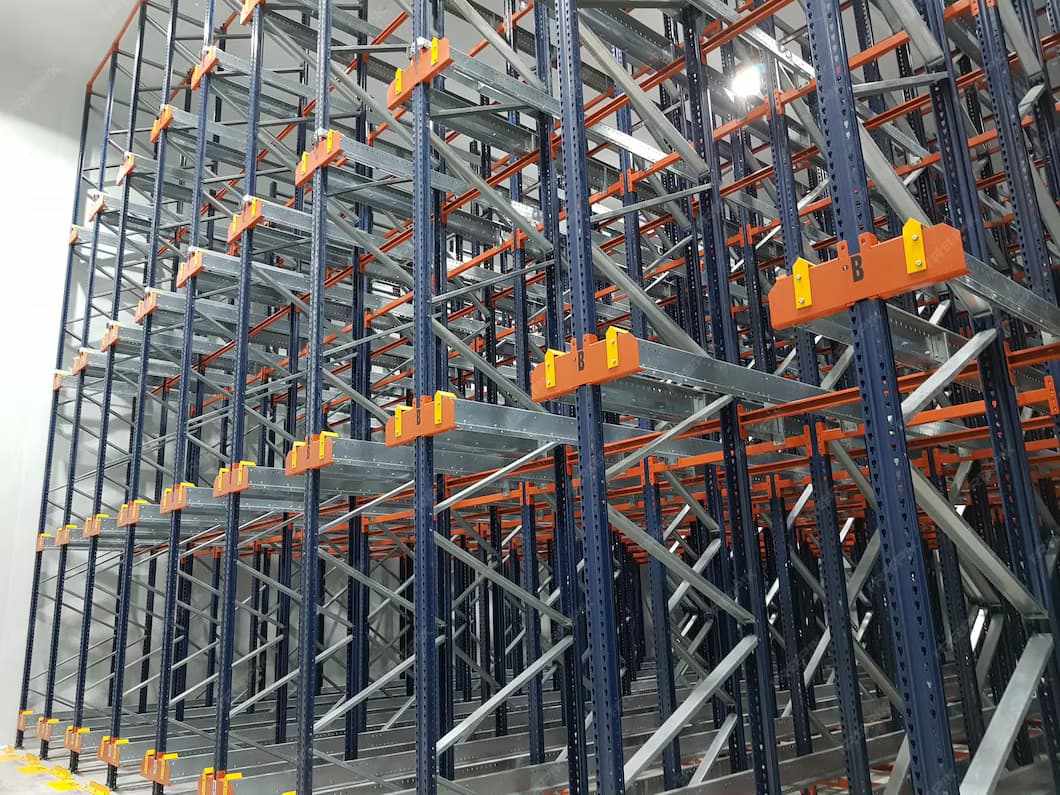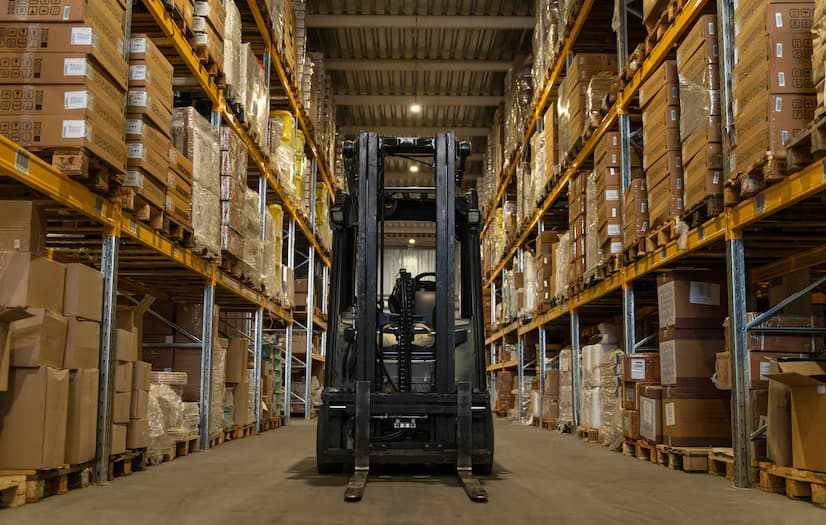Every successful warehouse or distribution centre relies on efficient storage solutions. As inventory volumes increase, businesses must find ways to maximise space, streamline operations, and maintain safety. Industrial pallet racks are among the most versatile and widely used storage systems, offering durability, scalability, and easy access to palletised goods. For buyers, understanding the types, features, and applications of these racks is essential in making an informed investment that meets both current and future storage needs.

What Are Industrial Pallet Racks
Industrial pallet racks are steel storage systems designed to hold palletised goods in an organised and space-efficient manner. They are engineered to support heavy loads while ensuring safety and accessibility. These racks can be configured in multiple ways, allowing businesses to customise their storage according to product type, warehouse layout, and operational goals.
Key Features
Heavy-duty construction for long-lasting durability
Flexible configurations for different storage needs
Optimisation of vertical and horizontal space
Designed for safety and efficiency in busy warehouse environments
Types of Industrial Pallet Racks
Selective Pallet Racks
The most common and straightforward design, selective pallet racks allow direct access to every pallet. They are ideal for businesses with varied product lines and frequent inventory turnover.
Best for: Warehouses requiring high selectivity and fast picking.
Double Deep Racks
These racks store pallets two deep, increasing storage density while reducing aisle space. However, they require special forklifts to access the back pallets.
Best for: Facilities that need higher storage density but can manage slightly reduced accessibility.
Drive In Racks
Drive in racks allow forklifts to enter the racking structure to load and retrieve pallets. They operate on a last-in, first-out basis.
Best for: Bulk storage of uniform products with low turnover rates.
Drive Through Racks
Drive through racks are similar in design to drive in but allow forklift access from both sides. This enables a first-in, first-out flow.
Best for: Perishable goods or industries requiring stock rotation.
Push-Back Racks
These racks use a rail-and-cart system to store pallets on an incline. When one pallet is removed, the next slides forward automatically.
Best for: Medium-turnover products requiring both density and accessibility.
Pallet Flow Racks
Pallet flow systems use gravity rollers, moving pallets from the loading end to the picking end. This ensures first-in, first-out inventory management.
Best for: Food, beverage, and pharmaceutical industries where product rotation is critical.
Cantilever Racks
Although not designed for pallets, cantilever racks are used for storing long and bulky items such as pipes, timber, or steel beams.
Best for: Warehouses storing oversized or irregularly shaped products.
Factors to Consider When Buying Industrial Pallet Racks
Warehouse Space
Measure ceiling height, floor space, and aisle width to ensure the chosen system fits seamlessly.
Inventory Characteristics
Weight, size, and turnover rate of products should influence the choice of rack type.
Accessibility
Determine whether fast access to every pallet is essential or if high-density storage is the priority.
Safety Standards
Ensure the racks comply with relevant safety guidelines and can handle the intended load capacity.
Budget and Long-Term ROI
Balance upfront costs with the long-term efficiency gains the system will provide.
Future Scalability
Opt for modular systems that can be expanded as storage needs grow.
Advantages of Industrial Pallet Racks
Maximises warehouse storage capacity
Improves organisation and accessibility
Enhances employee productivity and workflow
Provides a safer working environment
Reduces operational costs through better efficiency
Applications Across Industries
Industrial pallet racks are used in a wide range of sectors including:
Warehousing and logistics
Food and cold storage facilities
Retail and wholesale distribution
Automotive parts and manufacturing
Pharmaceuticals and healthcare supplies
Heavy industry and construction materials
Maintenance and Safety Tips
Conduct regular inspections for damage or wear
Train staff on safe loading and unloading practices
Avoid exceeding weight limits
Install safety accessories such as rack guards and column protectors
Schedule periodic professional rack inspections
Conclusion
Investing in the right industrial pallet racks can transform warehouse efficiency, boost storage capacity, and improve overall safety. By carefully considering factors such as space, inventory, accessibility, and long-term growth, businesses can select a system that meets their unique requirements. For expert support in choosing and installing reliable pallet racking solutions, Dalvie Systems offers the knowledge and experience to deliver tailored results.






Write a comment ...